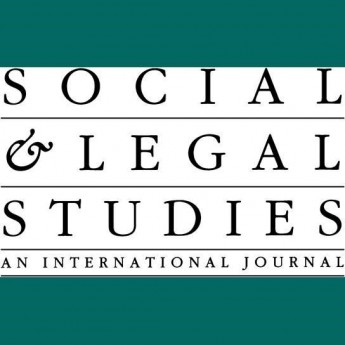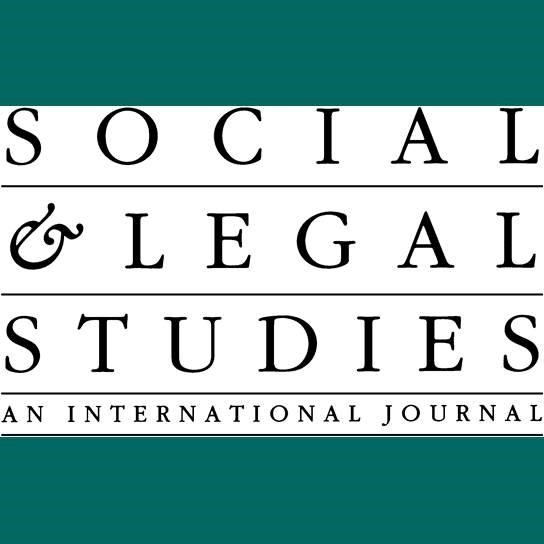Anthony M Triola
Criminology, Law & Society
University of California, Irvine
In the United States, contemporary incidents of police brutality have, through their entry into the realm of public spectacle, brought into relief the importance of addressing issues relating to police violence in particular, and state-sanctioned antiblack violence in general. The materialisation of responses to this set of imperatives has varied in tone and intention, ranging from calls for fundamental change from political activists to the more reformist approaches advocated for in official state responses during the Obama era, such as the Department of Justice’s Ferguson Report and the Presidents’ Task Force on 21st Century Policing. In the aftermath of the murders of George Floyd and Breonna Taylor by American cops in the spring of 2020, calls for radical change seemed to reach a fever pitch before being promptly diluted into the types of reformist suggestions (i.e., re-training, the re-allocation of funding, etc) that are most palatable under neoliberalism.[1] As Democratic Senator Cory Booker said in early-2023, he now sees a “delicate” pathway forward towards changing policing, and has been “sobered”[2] from the idea that large-scale structural changes are possible in this moment.
Continue reading
